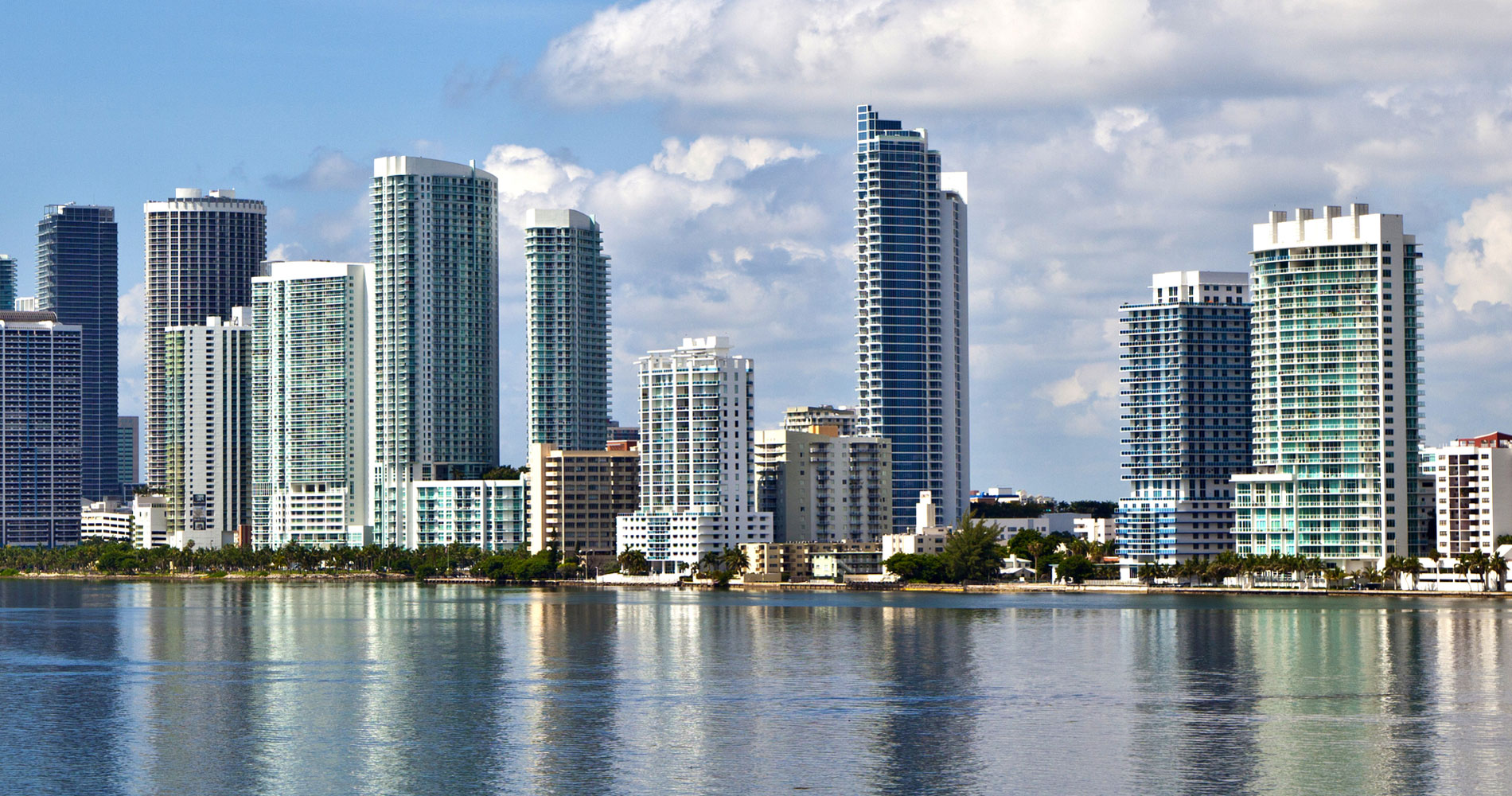B-1/B-2 Visitors Visa
The vast majority of foreign nationals who enter the United States each year do so as nonimmigrant visitors in the B visa category. Although some visitors qualify for ?visa waiver?, all visitors who do not receive one of the more specialized nonimmigrant visas must qualify under the requirements of this category. Because the category is not simply a catch-all for those not covered elsewhere, its particular requirements must be followed.
Generally, the visitor?s intended duration of stay in the United States is brief, and involves such activities as touring, visiting family members, obtaining health care, attending meetings or seminars or conducting business on behalf of an overseas employer.
The B visa category is divided into two sub-categories:
- B-1 for foreign national visitors for business
- B-2 for foreign national visitors for pleasure
Visitors with visas may be admitted for an initial period of six months (if for pleasure) and the period needed to transact their business, not to exceed one year (if for business). It is rare for a business visitor to be admitted for more than six months, however. Once in the U.S., the visitor may apply for an extension of stay, which, generally, will be granted upon a showing of necessity and non-violation of the conditions of the visa. Visitor visas typically are issued for multiple entries, meaning a visitor may apply for admission as many times as s/he would like during the validity of the visa.
There are frequent misunderstandings about the nature of authorized business activities for the business visitor. The business visitor must carefully observe the important but elusive distinction between employment, which is not allowed, and doing business on behalf of a foreign employer, which is allowed. The distinction begins but does not end with the requirement that the foreign national?s salary must be paid by a foreign employer (unless the foreign national is self-employed, in which case s/he may not perform the activities of his/her trade or profession while in the U.S.). Although a U.S. company may pay his/her living and travel expenses while in the U.S., the foreign national?s wages must be paid by a foreign employer. Moreover, the foreign national?s activities must be primarily for the benefit of the foreign employer. The attributes of an employer-employee relationship must be found to exist between the foreign national and the foreign entity and not between the foreign national and a U.S. entity. Thus, it is not sufficient to disguise actual employment by or for the benefit of a U.S. employer merely by remaining on a foreign company?s payroll.
The USCIS and the U.S. Department of State have each compiled lists and guidelines of acceptable B-1 activities. Neither list is exhaustive. They demonstrate that B-1 visitors may attend conferences and seminars, may negotiate contracts and disputes, and may observe activities at a related company. Skilled technicians may enter the U.S. for the purpose of installing or repairing machinery sold by their employer within the past year, where the contract of sale requires such service. Skilled workers may also use the B-1 to enter the U.S. to teach U.S. workers or to demonstrate a skill or technique, so long as they are not productively employed.
Business visitors often find it useful to obtain a letter from their foreign employer or U.S. host explaining the purpose of their trip, their itinerary and their financial arrangements. This letter can be used to support both the application for the visa and the application for entry once the visa has been issued.
In order to receive a B visa, a foreign national must apply directly to a U.S. Consulate or Embassy. There is no provision for a petition to be first filed with and approved by the U.S. Citizenship & Immigration Services (?USCIS?).
There are five (5) fundamental requirements for classification in the B category:
- The foreign national is entering the U.S. for a stay of limited duration;
- The foreign national intends to depart the U.S. at the end of his/her stay;
- The foreign national must continue to maintain a foreign residence of which s/he has no intention of abandoning;
- The foreign national has made adequate financial arrangements to travel to, in, and from the U.S.; and
- The foreign national will engage solely in authorized business or pleasure activities while in the U.S.

